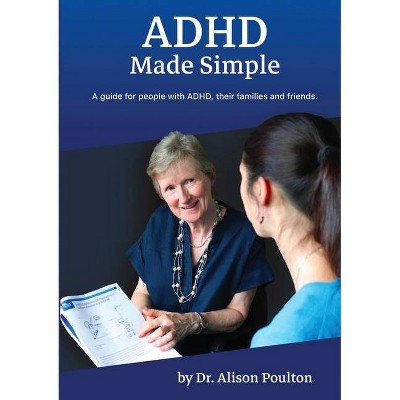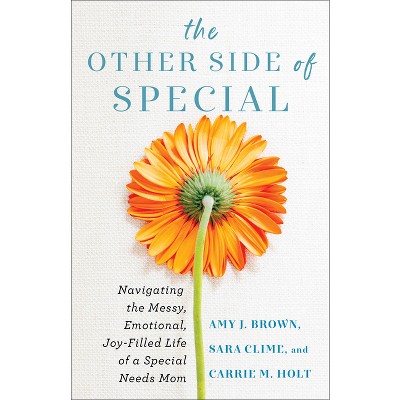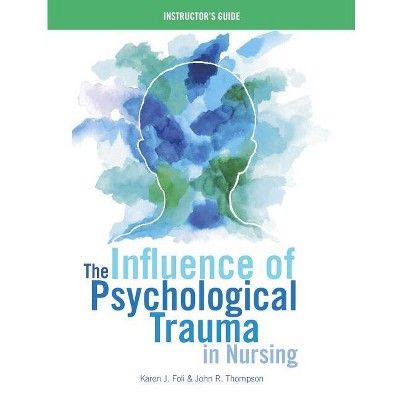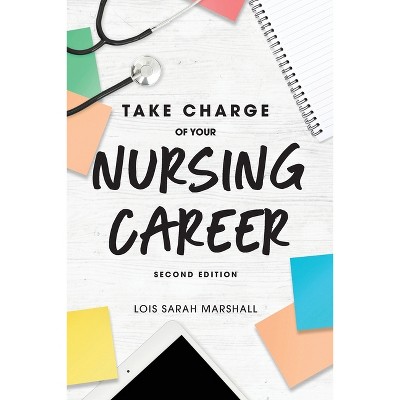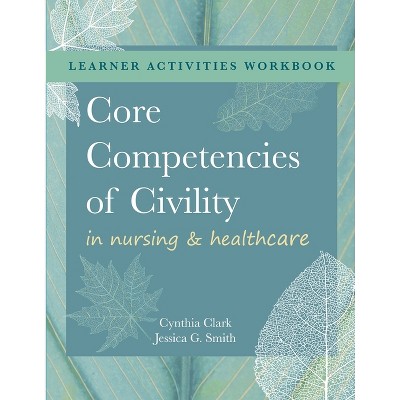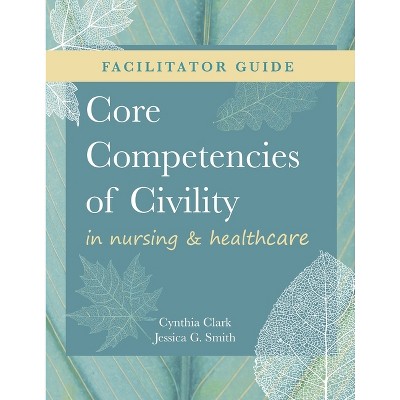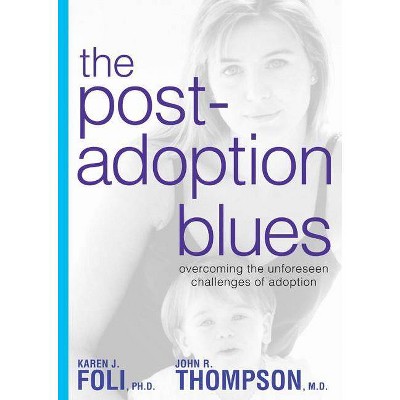Sponsored

The Influence of Psychological Trauma in Nursing - by Karen J Foli & John R Thompson (Paperback)
In Stock
Sponsored
About this item
Highlights
- As nurses know firsthand, the impact of psychological trauma is not limited to those who experience it.
- Author(s): Karen J Foli & John R Thompson
- 264 Pages
- Psychology, Neuropsychology
Description
About the Book
The Influence of Psychological Trauma in Nursing helps nurses gain awareness and knowledge about trauma and recovery so they can heal and bring holistic healing to others.Book Synopsis
As nurses know firsthand, the impact of psychological trauma is not limited to those who experience it. Others--including nurses and caregivers--are indirectly affected. In healthcare, patients' psychological trauma may manifest in odd, uncomfortable, or confusing behaviors. Nurses and healthcare workers must recognize that patients may be feeling unsafe or struggling with low self-esteem, anxiety, grief, loneliness, or depression born from trauma. As nurses listen to, empathize with, and sometimes grieve with the people they care for, they need to comprehend the "why" behind these feelings and actions.
The Influence of Psychological Trauma in Nursing helps nurses gain awareness and knowledge about trauma and recovery so they can heal and bring holistic healing to others. Authors Karen J. Foli and John R. Thompson provide a primer on psychological trauma, helping readers identify and understand the common forms of trauma in society. Filled with examples, tools, assessments, and learning objectives, this book helps nurses move forward as trauma-informed caregivers.
Review Quotes
"From beginning to end, The Influence of Psychological Trauma in Nursing is a remarkable contribution to the discipline and practice of nursing. The text brings together insights gained from research, theory, and practice to explain how psychological trauma--both the nurse's and the patient's--is experienced and outlines the paths to recovery and healing. Throughout the book there are real-life stories to illustrate the major concepts and invitations to reflect on one's own experiences and practices. Most notably, this book is true to the fundamental values and purposes of nursing, explaining how nursing theory and nursing's patterns of knowing provide ways to organize competent, trauma-informed nursing care. This book should be required for every nursing student at every educational level (including continuing education). It will revolutionize how nurses think, how they engage with their own experience and with one another, and ultimately, how nursing is practiced."
-Peggy L. Chinn, PhD, RN, FAAN
Professor Emerita, University of Connecticut
Editor, Advances in Nursing Science
"Finally! A book that explains psychological trauma in an understandable fashion, based on science. The most pressing public health problems in the US today, addictions and suicide, usually have trauma precursors. Yet nursing education has not provided a coherent path to understanding trauma's basic concepts. Authors Foli and Thompson have written a book that each nursing school should integrate into its curricula, both undergraduate and graduate. By doing so, RNs will understand that the phenomena they encounter in everyday practice are rooted in psychological trauma and will be equipped to implement evidence-based treatments for remediation."
-Teena M. McGuinness, PhD, CRNP, FAANP, FAAN
Professor, University of Alabama at Birmingham School of Nursing
"Trauma is all around us. This text is essential reading for our times, preparing nurses to address ancestral and patient trauma, as well as their own trauma. Through stories, reflections, conceptual
models, nursing theories, and research, this book provides the latest evidence on how to unveil and heal from trauma during the formative years of nursing education to engage in professional nursing praxis from a place of self-awareness with wisdom, courage, and compassion."
-Sara Horton-Deutsch, PhD, RN, PMHCNS, FAAN, ANEF, Caritas Coach
Professor, University of San Francisco School of Nursing and Health Professions
Shipping details
Return details
Frequently bought together

Trending Non-Fiction








